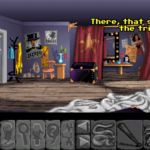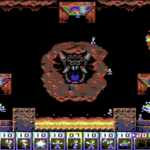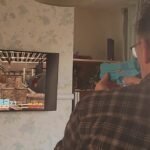The SEGA Dreamcast Mini is high on the list of retro fans unable to get hold of an affortable working version of the 1998 console.
Despite the success of mini consoles, one that has somehow failed to materialise is the SEGA Dreamcast. Despite obvious interest and demand, SEGA has deemed the project too complicated, but that could be about to change.
While FPGA technology was almost certainly going to be used in such a project, rather than emulation, it requires a lot of work.
Field Programmable Gate Array (FPGA) technology has considerable applications, not least in the retro gaming arena. Rather than rely on emulation, FPGA-based systems (such as the Analog Pocket) are programmed with a representation of the original hardware.
It’s the programming of a hardware environment that takes the time and effort.
The tweet below reads: “Is this the Sega Saturn Mini? Tachidenki exhibits technology demo [ #TGS2023 ] Achieves high reproducibility with FPGA technology.”
So, a Dreamcast Mini is possible. But whether this system ever sees the light of day as some sort of clone, or SEGA brings the developers on board to solve its own problems in this area, remains to be seen.
Affiliate Disclosure: Some of the links in this post may be affiliate links, which means I may earn a small commission if you make a purchase through those links. This comes at no extra cost to you. Thank you for your support!
Christian Cawley is the founder and editor of GamingRetro.co.uk, a website dedicated to classic and retro gaming. With over 20 years of experience writing for technology and gaming publications, he brings considerable expertise and a lifelong passion for interactive entertainment, particularly games from the 8-bit and 16-bit eras.
Christian has written for leading outlets including TechRadar, Computer Weekly, Linux Format, and MakeUseOf, where he also served as Deputy Editor.
When he’s not exploring vintage consoles or retro PCs, Christian enjoys building with LEGO, playing cigar box guitar, and experimenting in the kitchen.






